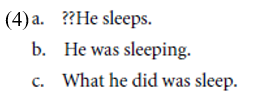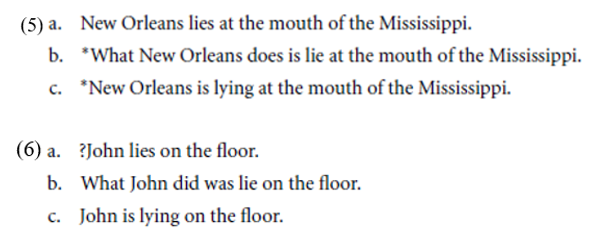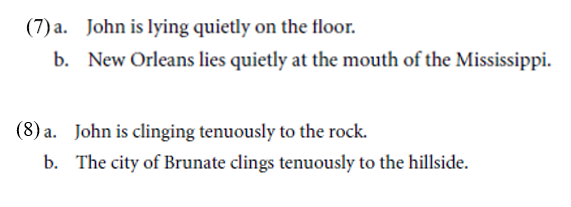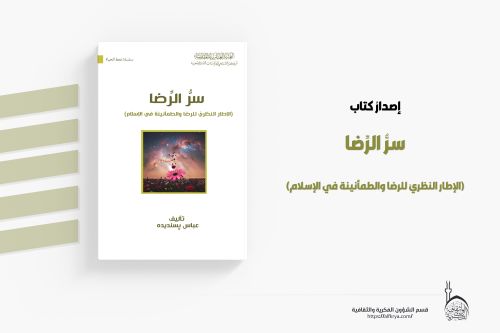

Grammar


Tenses


Present

Present Simple

Present Continuous

Present Perfect

Present Perfect Continuous


Past

Past Continuous

Past Perfect

Past Perfect Continuous

Past Simple


Future

Future Simple

Future Continuous

Future Perfect

Future Perfect Continuous

Passive and Active


Parts Of Speech


Nouns

Countable and uncountable nouns

Verbal nouns

Singular and Plural nouns

Proper nouns

Nouns gender

Nouns definition

Concrete nouns

Abstract nouns

Common nouns

Collective nouns

Definition Of Nouns


Verbs

Stative and dynamic verbs

Finite and nonfinite verbs

To be verbs

Transitive and intransitive verbs

Auxiliary verbs

Modal verbs

Regular and irregular verbs

Action verbs


Adverbs

Relative adverbs

Interrogative adverbs

Adverbs of time

Adverbs of place

Adverbs of reason

Adverbs of quantity

Adverbs of manner

Adverbs of frequency

Adverbs of affirmation


Adjectives

Quantitative adjective

Proper adjective

Possessive adjective

Numeral adjective

Interrogative adjective

Distributive adjective

Descriptive adjective

Demonstrative adjective


Pronouns

Subject pronoun

Relative pronoun

Reflexive pronoun

Reciprocal pronoun

Possessive pronoun

Personal pronoun

Interrogative pronoun

Indefinite pronoun

Emphatic pronoun

Distributive pronoun

Demonstrative pronoun


Pre Position


Preposition by function

Time preposition

Reason preposition

Possession preposition

Place preposition

Phrases preposition

Origin preposition

Measure preposition

Direction preposition

Contrast preposition

Agent preposition


Preposition by construction

Simple preposition

Phrase preposition

Double preposition

Compound preposition


Conjunctions

Subordinating conjunction

Correlative conjunction

Coordinating conjunction

Conjunctive adverbs


Interjections

Express calling interjection


Grammar Rules

Preference

Requests and offers

wishes

Be used to

Some and any

Could have done

Describing people

Giving advices

Possession

Comparative and superlative

Giving Reason

Making Suggestions

Apologizing

Forming questions

Since and for

Directions

Obligation

Adverbials

invitation

Articles

Imaginary condition

Zero conditional

First conditional

Second conditional

Third conditional

Reported speech


Linguistics

Phonetics

Phonology


Semantics


Pragmatics

Linguistics fields

Syntax

Morphology

Semantics

pragmatics

History

Writing

Grammar

Phonetics and Phonology

Semiotics


Reading Comprehension

Elementary

Intermediate

Advanced


Teaching Methods

Teaching Strategies
State verbs
المؤلف:
GRAHAM KATZ
المصدر:
Adjectives and Adverbs: Syntax, Semantics, and Discourse
الجزء والصفحة:
P223-C8
2025-04-24
291
State verbs
We are concerned with a contrast between the class of event verbs and the class of state verbs, so let us be clear about which verbs we are calling state verbs. Besides the grammatically special have and be, we can list: appear, appreciate, believe, belong, concern, consist, contain, depend, desire, equal, hate, hear, imagine, involve, know, like, love, matter, mean, need, own, owe, perceive, possess, prefer, realize, recognize, remember, resemble, see, seem, smell, taste, tend, think, understand, want, and wish.1 These verbs share a number of syntactic and semantic properties (see Sag 1973, Dowty 1979, and especially Hinrichs 1985 for extensive discussion). To illustrate, we see in (1) that, without additional context, the state verb appreciate is acceptable in simple present tense (1a), but not in the progressive (1b) or the wh-cleft construction (1c).

Verbs that behave like appreciate in the above environments will be taken to be state verbs and those that behave like kiss will be taken to be event verbs. If the claim we made in the introduction about the state verb/event verb contrast is correct, then we expect manner adverbs to appear only with kiss-like verbs and not with appreciate-like verbs.
It should be pointed out that a number of the verbs listed above have eventive uses as well as stative uses. This can be illustrated with the verb think: when used in the progressive (as in 2b) or as part of a wh-cleft (as in 2c) it has an eventive reading, while when used in the simple present tense (as in 2a) it has a stative reading.

As expected, on the eventive readings think is compatible with manner adverbial modification while on the stative readings it is not:

We are also uninterested in the frequently miscategorized verbs sleep, hold, and wait (whichMaienborn 2005 has confusingly termed “state” verbs).While these may seem to share many semantic features with statives, they do not behave grammatically as such, as indicated in (4):

These verbs appear naturally with manner adverbs, but this is not of interest to us here, as we fully accept that these verbs have a Davidsonian argument. More problematic, and less readily dismissed, is the sit-stand-lie class, which Dowty (1979) calls “interval statives.” These clearly have both stative and eventive readings (depending, apparently, on the agentivity of the subject):

In contrast to the eventive/stative contrast of think-type verbs, these verbs can be modified by manner adverbials on both the stative and on the eventive readings:

It is not clear whether this indicates ambiguity, or whether the stative interpretations in (7b) and (8b) are some sort of metaphorical extension of the event usage with concomitant metaphorical shift of the adverb meaning (Schafer 2002).
Leaving aside modifiers of non-core state verbs and focusing on the class of core state verbs such as love, know, own, and consist of, which express psychological, legal, or physical states, we are left with the following cases of manner-modified stative verbs:

Our central question, then, is whether the cooccurrence of such core state verbs with manner adverbs indicates that these state verbs have a “Davidsonian” argument. To address this, we turn to a brief discussion of manner adverbials and review why a Davidsonian analysis of event verb manner modification is an appealing one.
1 This list adapted from an online learner grammar of English (www.myenglishteacher.net).















 قسم الشؤون الفكرية يصدر مجموعة قصصية بعنوان (قلوب بلا مأوى)
قسم الشؤون الفكرية يصدر مجموعة قصصية بعنوان (قلوب بلا مأوى) قسم الشؤون الفكرية يصدر مجموعة قصصية بعنوان (قلوب بلا مأوى)
قسم الشؤون الفكرية يصدر مجموعة قصصية بعنوان (قلوب بلا مأوى) قسم الشؤون الفكرية يصدر كتاب (سر الرضا) ضمن سلسلة (نمط الحياة)
قسم الشؤون الفكرية يصدر كتاب (سر الرضا) ضمن سلسلة (نمط الحياة)

















